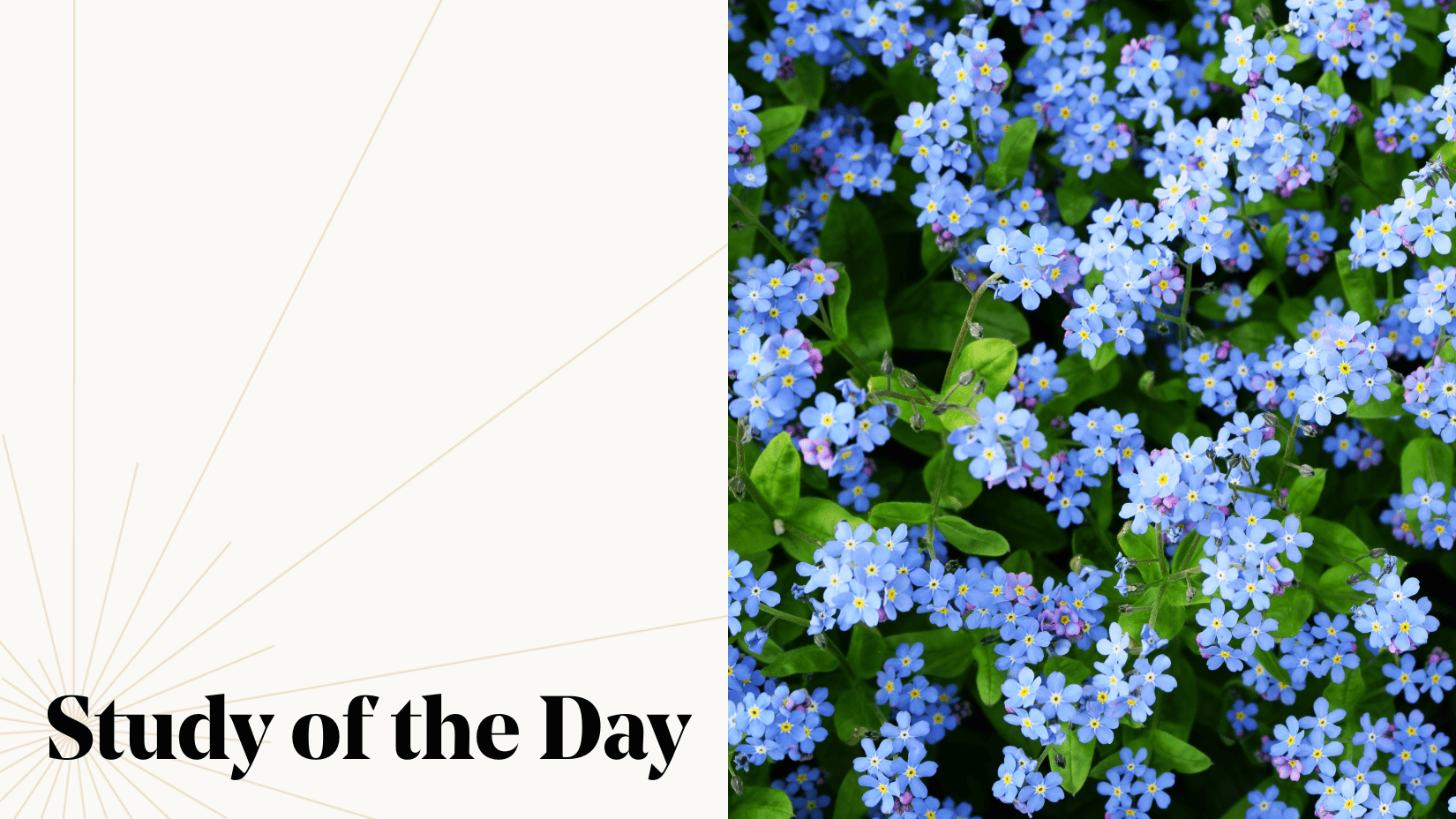In our Study of the Day feature series, we highlight a research publication related to a John Templeton Foundation-supported project, connecting the fascinating and unique research we fund to important conversations happening around the world.
It’s hard to talk about forgiveness without also talking about its relationship to memory. In his 1998 forward to the final report of South Africa’s Truth and Reconciliation Commission, Archbishop Desmond Tutu used the metaphor of closing the door on the past—“not in order to forget it, but in order not to allow it to imprison us.” But how does that actually work in practice? Can you forgive without at least partially forgetting?
Over the past few years, researchers associated with Felipe De Brigard’s Imagination and Modal Cognition Lab at Duke University have been investigating the connections between memory and forgiveness among people in the U.S. and in post-conflict communities in De Brigard’s native Colombia.
A new paper by Gabriela Fernández-Miranda, a Ph.D. student in De Brigard’s lab, offers a unique experimental investigation into the ways that people’s experiences of forgiveness, whether giving it or receiving it, correlate with how they remember and feel about wrongdoings that had affected them.
In a series of four experiments, the research group tested two general theories for the mechanics of forgiveness and memory. In the episodic fading account, extending or receiving forgiveness causes us to dwell less on the past, remembering fewer details about episodes of wrongdoing as our emotions about the event soften. In the emotional fading account, forgiveness primarily changes the emotions we feel about the past event, without necessarily affecting the underlying level of detail.
The memory of being wronged or committing wrong isn’t erased, but it is transformed.
The researchers surveyed more than 1,400 respondents about wrongdoings that had affected them, either as a victim or as an offender, in cases where forgiveness had or hadn’t happened afterwards. For each of the four scenarios, they asked questions designed to tease apart both the emotional quality of the memories and the level of detail in which they were remembered.
They found that the results supported the predictions of emotional fading, but not episodic fading. Participants who had forgiven or been forgiven tended to attach fewer negative and intense emotions to their memory of the wrongdoing, but did not have less detailed memories of the event. This suggested that forgiveness did not seem to cause details of the wrong to be forgotten, but they did seem to cause the emotional weight of the memories to be made lighter.
The effect was observed both for people who had forgiven and those who had been forgiven—although the average emotional change was stronger for the ones who had extended forgiveness. They also found that participants judged forgiven wrongs as less morally wrong than unforgiven ones.
The researchers speculate that the mechanism for the correlations they observed between forgiveness and emotional change of the memories may relate to what is called the “normal fading affect bias”—the tendency, observed in other studies, for memories of an event to become more positive the further the event is in the past. Extending or receiving forgiveness may cause us to spend less time reliving and ruminating about instances of wrong, allowing the normal fading affect bias to take hold.
In that sense, forgiveness might, as Tutu wrote, offer us the chance to close the door on the past—making it a place that can be visited by choice in memory, but which does not intrude into the present to confine us.
Still Curious?
Nate Barksdale writes about the intersection of science, history, philosophy, faith, and popular culture. He was editor of the magazine re:generation quarterly and is a frequent contributor to History.com.
